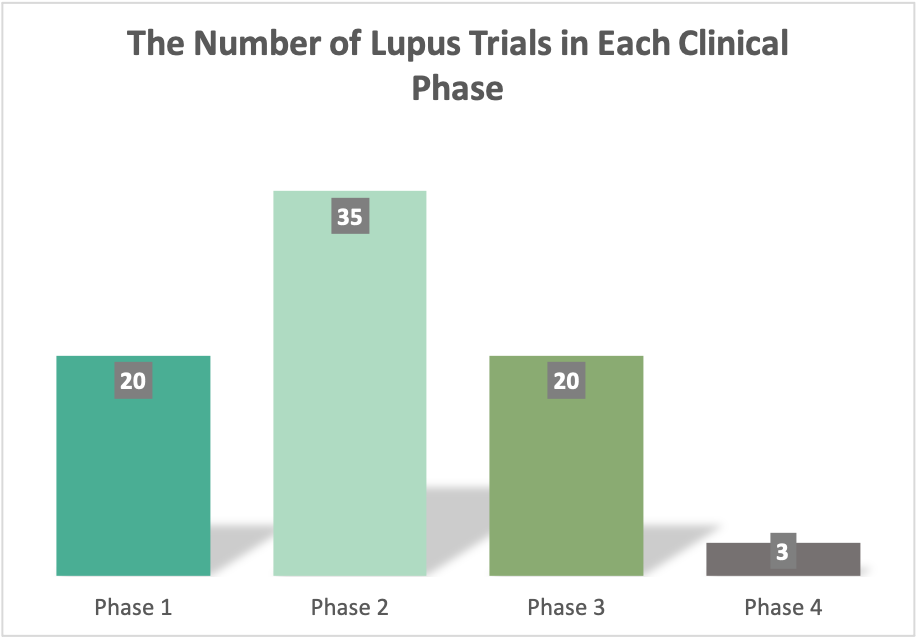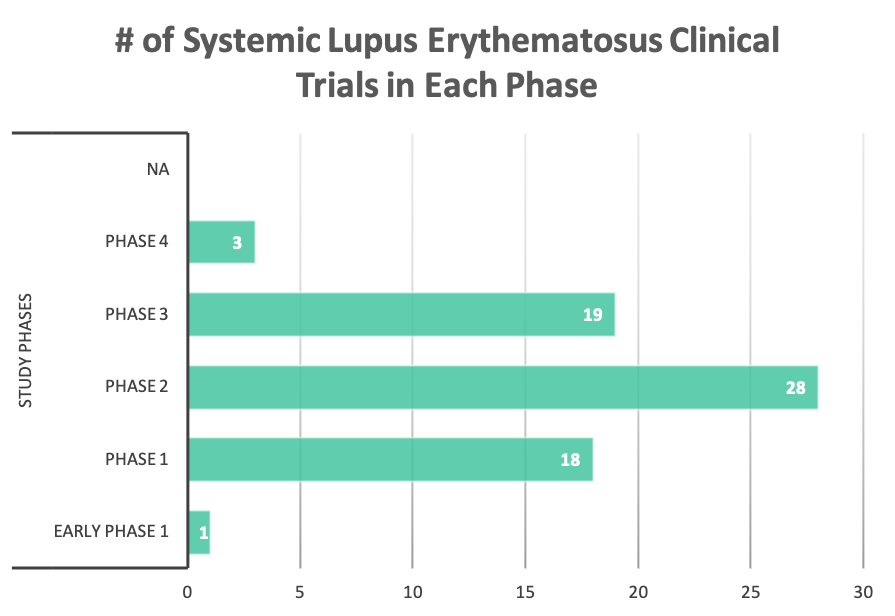Cutting-Edge Treatments for Lupus
Lupus is a chronic autoimmune disease affecting millions worldwide. Its unpredictable nature and wide range of symptoms make management challenging. Fortunately, advancements in medical science have introduced various treatment options to help alleviate symptoms and improve quality of life. This article explores cutting-edge treatments—from infusion therapies to holistic approaches—and offers insights into selecting the best lupus treatment centers.

Understanding Lupus and Its Impact
Lupus manifests in different forms, including Systemic Lupus Erythematosus (SLE), Discoid Lupus, and Drug-Induced Lupus. Each type presents unique symptoms and challenges. Tailored treatments are essential for effective management, guided by lupus erythematosus treatment guidelines and lupus flare management protocols provided by healthcare professionals. Regular blood tests help monitor disease activity and treatment effectiveness.
Infusion Treatments for Lupus
Infusion therapies are a promising development in lupus treatment, particularly for moderate to severe cases unresponsive to traditional methods. Key advancements include:
- Lupus IV Treatments: Administering medication directly into the bloodstream for quicker and more targeted relief.
- CAR-T Cell Therapy: This experimental treatment reprograms immune cells to combat lupus more effectively. Early clinical trials have shown encouraging results.
- Biologic Infusions: Medications like Rituximab and Belimumab target specific immune system components, reducing inflammation and preventing flare-ups. Many patients report better symptom control with these therapies compared to oral medications.
Radiation Therapy for Lupus
While primarily associated with cancer, radiation therapy is being explored for severe lupus cases. Low-dose radiation may help reduce inflammation, especially in patients with internal organ involvement. Though not a first-line treatment, it’s considered for cases resistant to other therapies. Discuss potential risks and benefits with your healthcare provider to determine suitability.
Physical Therapy for Lupus
Physical therapy plays a critical role in managing lupus-related joint pain and muscle weakness. Benefits include:
- Improved Mobility: Exercises tailored to enhance flexibility and strength.
- Pain Reduction: Techniques like heat therapy and gentle stretching.
- Flare Prevention: Strategies to manage symptoms and maintain physical function.
A customized exercise plan from a physical therapist can significantly enhance quality of life.
Red Light Therapy and Holistic Approaches
Holistic treatments are gaining traction as complementary therapies for lupus management. These focus on overall well-being, addressing stress and lifestyle factors that can trigger flare-ups. Notable options include:
- Red Light Therapy: Utilizing low-level light wavelengths to reduce inflammation and promote healing. While research is ongoing, some patients report positive results.
- Dietary Changes: Anti-inflammatory diets rich in fruits, vegetables, and omega-3 fatty acids.
- Stress Management: Techniques like yoga, meditation, and acupuncture.

Treating Lupus Cerebritis and Pericarditis
Lupus can affect critical organs like the brain and heart, requiring specialized treatments. Learn more about kidney involvement and other symptoms:
- Lupus Cerebritis: Corticosteroids and immunosuppressants reduce brain inflammation, alleviating headaches, seizures, and cognitive issues.
- Lupus Pericarditis: Medications to manage inflammation around the heart’s lining and prevent complications like chest pain or cardiac issues.
Conclusion
Advancements in lupus treatments, from infusion therapies and radiation to holistic care, provide new hope for managing this complex disease. Staying informed and collaborating closely with a healthcare provider ensures a tailored approach that meets individual needs. Whether exploring biologics, physical therapy, or alternative treatments like red light therapy, patients now have more options than ever to improve their quality of life.
References:
- Lupus Foundation of America. "Medications Used to Treat Lupus." Lupus.org
- American College of Rheumatology. "Lupus Patient Resources and Treatment Information." Rheumatology.org
- Mayo Clinic. "Lupus: Diagnosis and Treatment." MayoClinic.org
- Johns Hopkins Lupus Center. "Current Treatments for Lupus." HopkinsMedicine.org
- National Institute of Arthritis and Musculoskeletal and Skin Diseases. "Lupus Treatment Research." NIAMS.NIH.gov